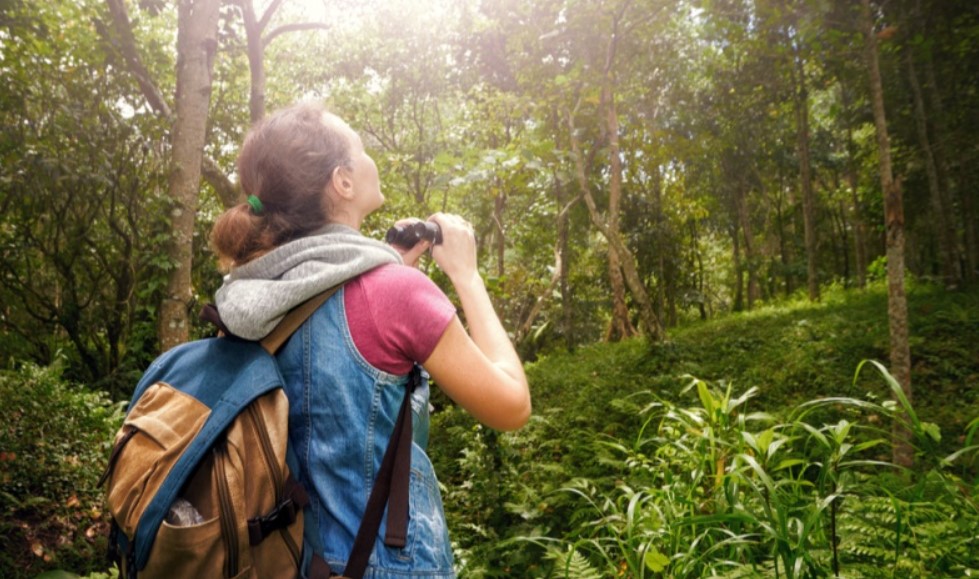Eco-tourism is a form of responsible travel that aims to minimize the negative impact on the environment, while promoting conservation and providing a sustainable source of income for local communities. It involves visiting natural areas in a way that preserves their integrity and promotes the well-being of local people. The concept of eco-tourism has gained popularity in recent years as people have become more aware of the need to protect our planet and its resources.
The Importance of Eco-Tourism
Eco-tourism has many benefits, both for the environment and for local communities. By promoting sustainable travel practices, eco-tourism helps protect natural areas from overdevelopment and exploitation. It also provides a source of income for local communities, which can help alleviate poverty and improve their quality of life. Additionally, eco-tourism promotes conservation efforts by raising awareness of the importance of preserving natural resources.
Balancing Tourism and Sustainability
One of the challenges of eco-tourism is finding a balance between tourism and sustainability. While it is important to promote responsible travel practices, it is also necessary to ensure that local communities benefit from tourism. This can be achieved through community-based eco-tourism initiatives, where local people are involved in the planning and management of eco-tourism activities and receive a fair share of the profits.
Conservation Efforts
Eco-tourism plays an important role in conservation efforts by providing a sustainable source of income for protected areas. Many natural areas rely on tourism as their main source of funding for conservation efforts. By promoting responsible travel practices, eco-tourism helps ensure that these areas are protected for future generations to enjoy.
Challenges and Solutions
While eco-tourism has many benefits, it also faces challenges such as overdevelopment, pollution, and disruption of local cultures. To address these issues, it is important for eco-tourism to be regulated and managed properly. This can be achieved through certification programs, responsible travel guidelines, and partnerships between tourism companies, conservation organizations, and local communities.
Future of Eco-Tourism
The future of eco-tourism is promising, especially with increasing global awareness about the importance of protecting our natural environments. However, it requires commitment from all stakeholders, including governments, tourism companies, conservation organizations, and tourists themselves. By adopting sustainable practices, we can ensure that eco-tourism continues to contribute positively to conservation efforts and local economies.
The Role of Technology in Eco-Tourism
In the digital age, technology can play a significant role in promoting and managing eco-tourism. For instance, digital platforms can provide information about eco-friendly destinations and practices, helping travelers make informed decisions. Furthermore, technology can assist in monitoring and managing natural resources, contributing to conservation efforts.
Education and Eco-Tourism
Education is a crucial component of eco-tourism. It’s not just about visiting a location; it’s about understanding the ecological importance of the place, the challenges it faces, and the role we, as tourists, can play in its conservation. Educational programs, both for tourists and local communities, can help nurture this understanding and promote more responsible behaviors.
Conclusion
In conclusion, eco-tourism represents a harmonious blend of tourism, conservation, and sustainability. It’s a powerful tool that, if managed correctly, can contribute significantly to the protection of our planet. As we move forward, it’s essential that we continue to promote and support eco-tourism initiatives worldwide, for the benefit of both our environment and future generations. Let’s make sure that our travels leave a positive impact on the world around us. So, pack your bags and let’s explore the beauty of nature while being responsible travelers! Welcome to the world of eco-tourism. Keep exploring, keep learning, and keep making a difference.
To read more articles visit Zara Nook


